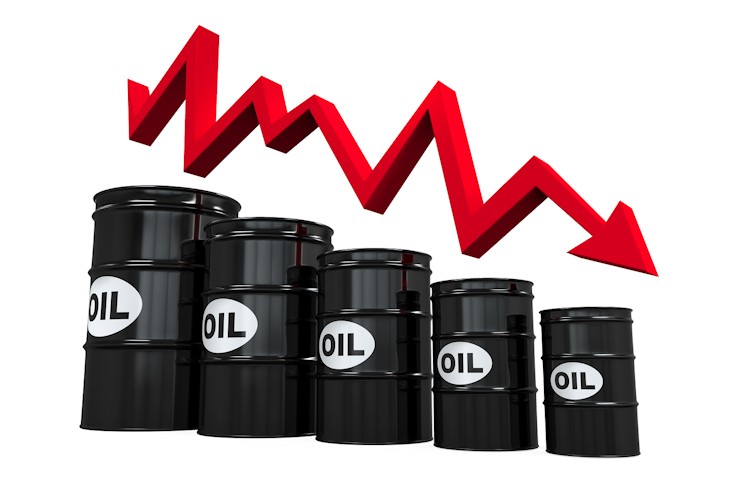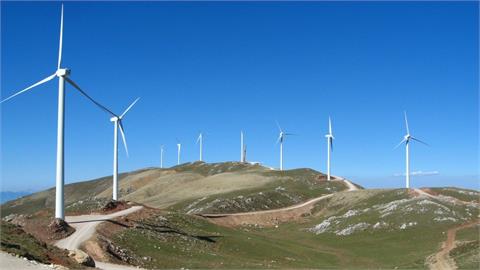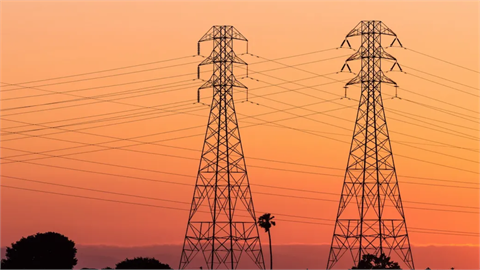As oil prices are continuing their downward plunge in an oversupplied global market and persistent uncertainties over China’s growth, the prospects for a rebound are severely undermined. Oil’s dismal start to the new year continued during the first half of the month as prices plunged at fresh lows, with Morgan Stanley adding to a growing number of voices warning that prices could slide to $20 a barrel
As oil prices are continuing their downward plunge in an oversupplied global market and persistent uncertainties over China’s growth, the prospects for a rebound are severely undermined. Oil’s dismal start to the new year continued during the first half of the month as prices plunged at fresh lows, with Morgan Stanley adding to a growing number of voices warning that prices could slide to $20 a barrel.
This is becoming an ever increasing likelihood as oil price formation has over the last 18 months, become fully decoupled from geopolitical factors. We saw a clear evidence of this over the last few days when inspite of a deepening rift between Iran and Saudi Arabia, oil prices continued to tumble.
As traders bet on lower prices, Brent crude fell nearly 5 per cent to $29.50 a barrel, extending losses over the first ten trading sessions of 2016 to 20 per cent.On the other side of the Atlantic, West Texas Intermediate, the US oil benchmark, dropped as much as 4.8 per cent to $29.93 at one point— the first time below $30 in 12 years.
The falls extended to 16 per cent, a rout that had seen more than 10 per cent knocked off both benchmarks in the first trading week of 2016. "Oil in the $20s is possible,” said Morgan Stanley analyst Adam Longson in a report that focused on risks posed to commodities by the possibility of China further devaluing its currency.
On Friday (15/1) afternoon the Brent variety, for February deliveries, was trading at ICE near $29.50 per barrel while WTI at NYMEX was near $29.60.
SE Europe impact
However, the impact from the much reduced international oil prices over the last two months to consumers in SE European countries has been marginal. The reason being the high taxes which governments in EU and Energy Community countries traditionally and indiscriminately apply to the whole range of oil products. A simple comparison of retail prices between October 27 (when Brent stood at $45.54 per barrel) and today (with Brent edging $30 per barrel) is enough to demonstrate the really small drop in pump prices. Taxes and excise duties applied to oil products in the region, normally range for gasoline, from 34.45% in Romania,34.6% in Bulgaria and 48.2% in Serbia to 61.5% in Turkey and 68.1% in Greece. Most of these taxes correspond to fixed amounts and are not proportional to the price of oil, which helps explain why the pump prices are not much reduced even when international oil prices keep falling. The chart below, abstracted from OPEC’s website, is most instructive.

The graph above illustrates the inter-country variations in the average price of one litre of oil across G7 countries as well as the OECD average during 2014. It is important to note that these price variations are mainly due to the widely varying levels of taxes (highlighted in red) imposed by major oil consuming nations. These can range from relatively modest levels - like in the USA - to very high levels in Europe and the Asia/Pacific.
For example, in the UK the government in 2014 earned about 60.1% of the price charged for every litre of pump fuel sold to consumers. On the other hand, oil producing countries (including OPEC) earned about 29.7% of the total pump fuel price.Source: OPEC




